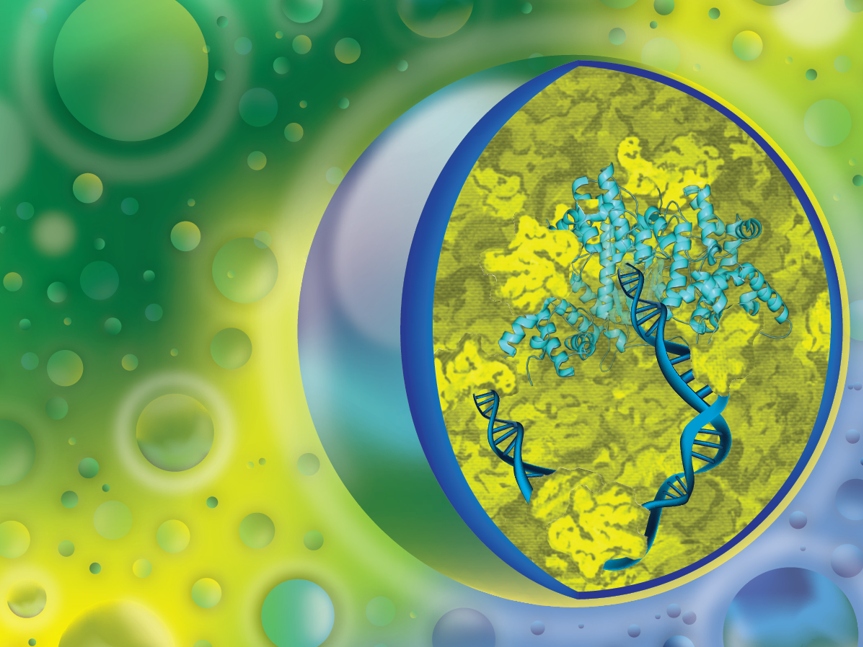Specialize in a Subfield of Biomedical Engineering
As biomedical engineering (BME) is a broad field, specializing in a subfield can provide more in-depth education in a particular area. Biomedical engineering students have the opportunity to deepen their expertise in one of our suggested areas of specialization or in an area of their choosing through careful selection of upper division engineering and science electives.
The flexibility to design your own emphasis of study is a unique strength of the BME program: these specializations are neither required nor degree-notated.
Below you will find descriptions and links to sample schedules.
Biomechanics 2025-26
Biomechanics is a broad subfield that includes orthopedic/rehabilitation engineering and the study of mechanical forces produced by biological systems. This subfield helps us understand the fluid dynamics of blood flow and the forces acting on tissues in the artery allowing us to design better cardiovascular interventional devices. Biomechanics involves a more intensive study of mechanics, dynamics and thermodynamics.
Cellular and Tissue 2025-26 
The cellular and tissue specialization applies biomedical engineering principles to control behavior at the gene, protein, cell and tissue level. Engineers in this area work with cellular therapies, protein production, gene therapy, tissue engineering and regeneration, and biomaterials development. This subfield draws heavily from the chemical and biological sciences and can involve studying biomedical transport, natural or synthetic biomaterials, pharmacokinetics and pharmacodynamics.
Imaging 2025-26 
Visualizing anatomical structure, physiological processes, metabolic activity and molecular expression in living tissue is essential for the diagnosis of disease, development of new therapeutics, evaluation of the response to therapeutics and guidance of interventional procedures. An imaging biomedical engineer can develop instruments for imaging, create algorithms for three-dimensional reconstruction of imaging data and generate new contrast agents to enhance image quality. Our program is particularly strong in molecular imaging, which involves detecting molecular-scale events within living systems. Depending upon your area of interest, the imaging specialization can require further study of electronics, signal processing, chemistry or computer programming.
Medical Devices 2025-26 
Biomedical engineers can develop devices, instruments and implants ranging from the nano- to macro-scale that can be used in the diagnosis, treatment or prevention of disease. This involves combining technologies like pharmaceuticals, electronics and mechanical devices to develop combination medical treatments.
Systems and Synthetic Biology 2025-26
 In systems and synthetic biology, students apply engineering principles to better understand, design and build biological systems at the cellular level. They integrate cellular, biochemical, genetic, electromechanical and computational approaches in their work, which can be applied to health and other applications. Systems and synthetic biology specialists can build engineered or artificial cells for fighting cancer or antibiotic resistance, improve tissue engineering and drug production approaches and study how complex and dynamic molecular systems control cellular behavior.
In systems and synthetic biology, students apply engineering principles to better understand, design and build biological systems at the cellular level. They integrate cellular, biochemical, genetic, electromechanical and computational approaches in their work, which can be applied to health and other applications. Systems and synthetic biology specialists can build engineered or artificial cells for fighting cancer or antibiotic resistance, improve tissue engineering and drug production approaches and study how complex and dynamic molecular systems control cellular behavior.
Pre-Medical 2025-26
As engineering is playing an increasing role in the practice of medicine, students can focus on the intersection of engineering and medicine for future careers as physician-scientists. Please note that to meet admission requirements for medical school, students must complete extra coursework in addition to the listed Department of Biomedical Engineering curriculum requirements.
